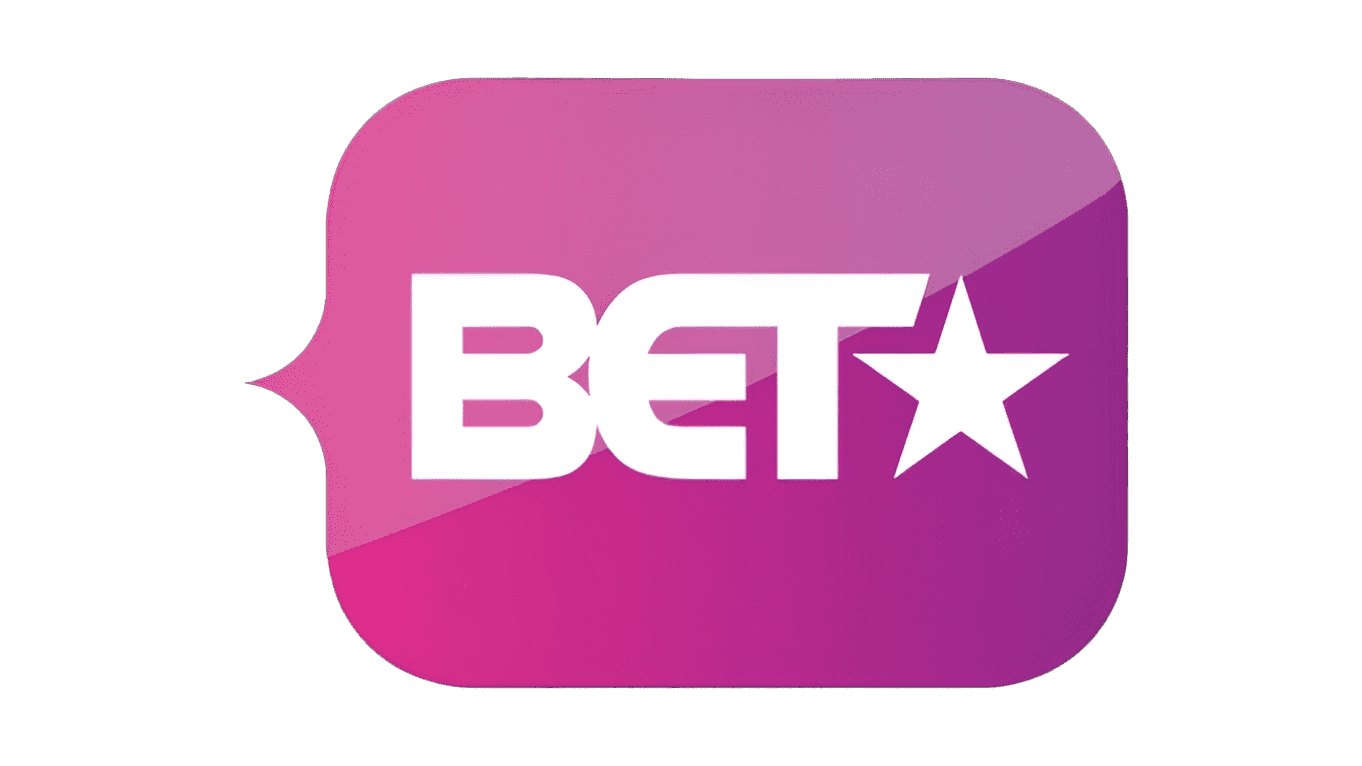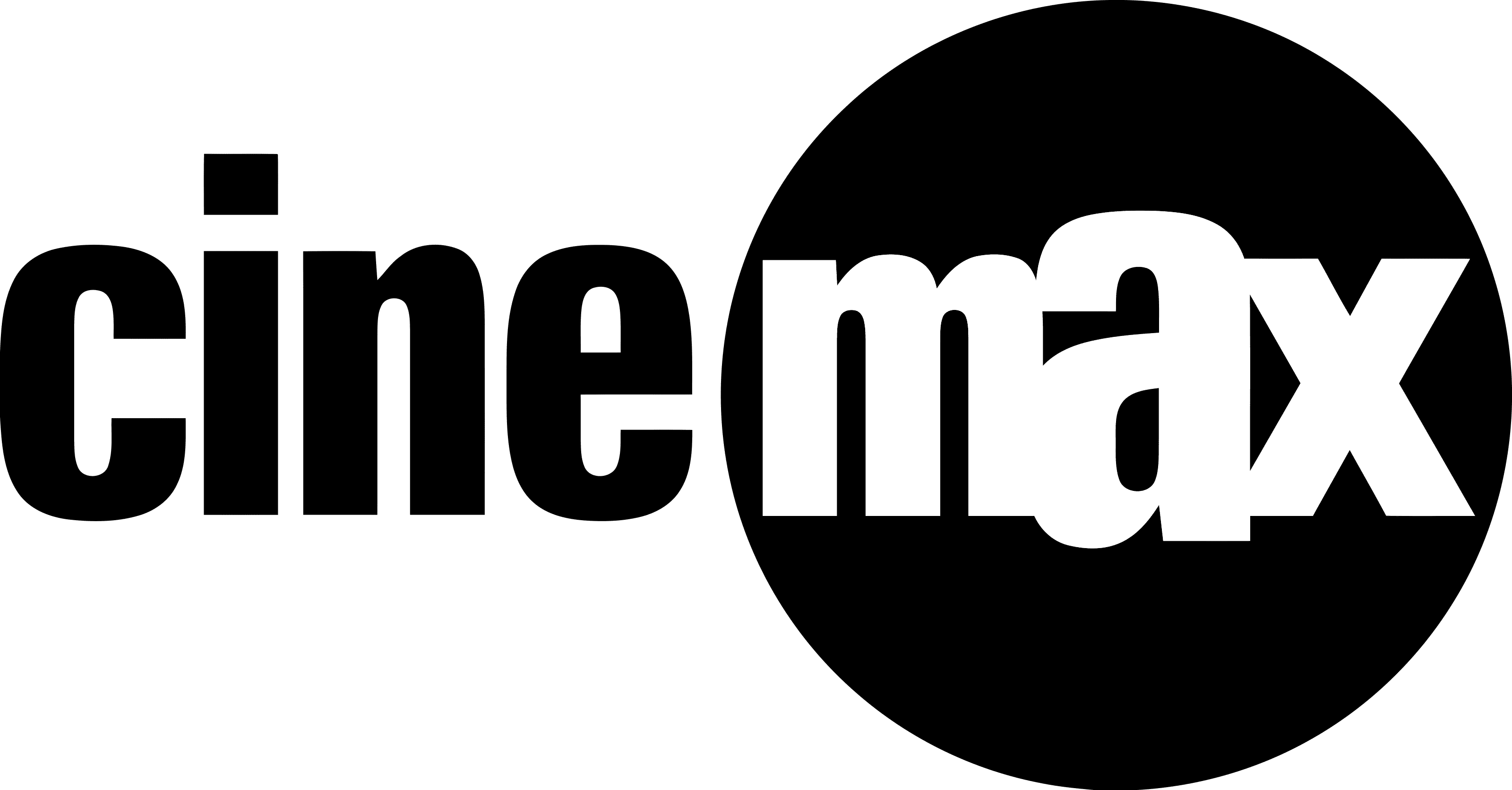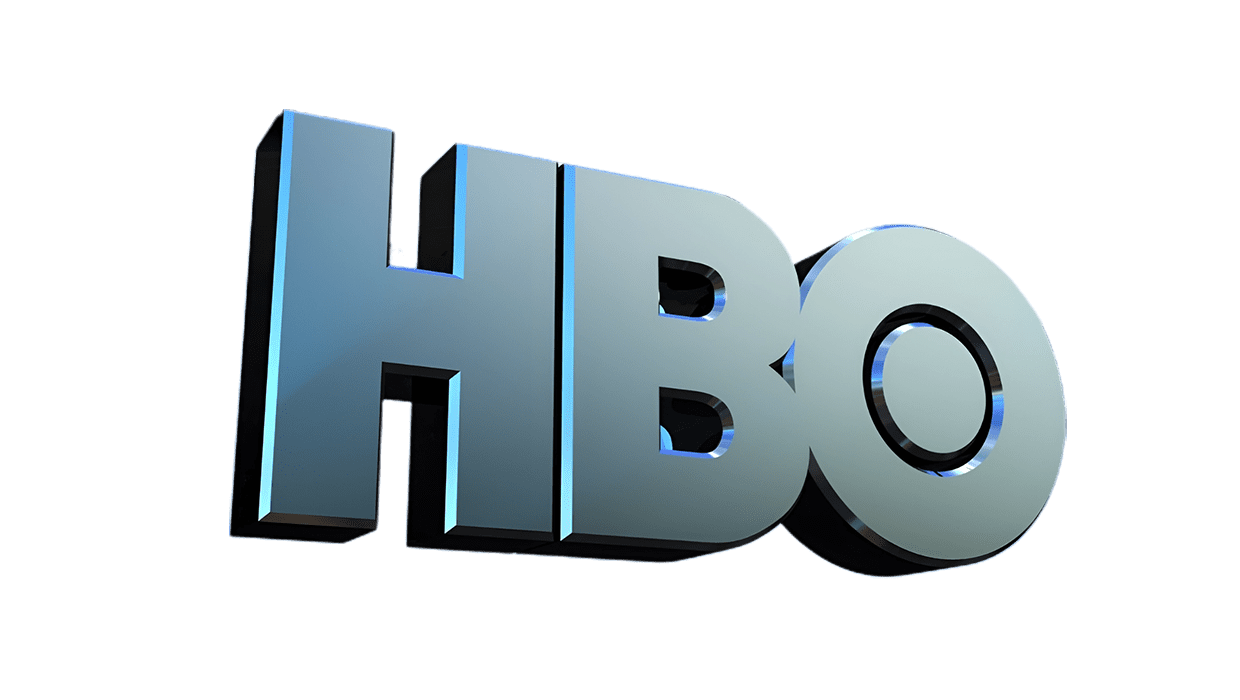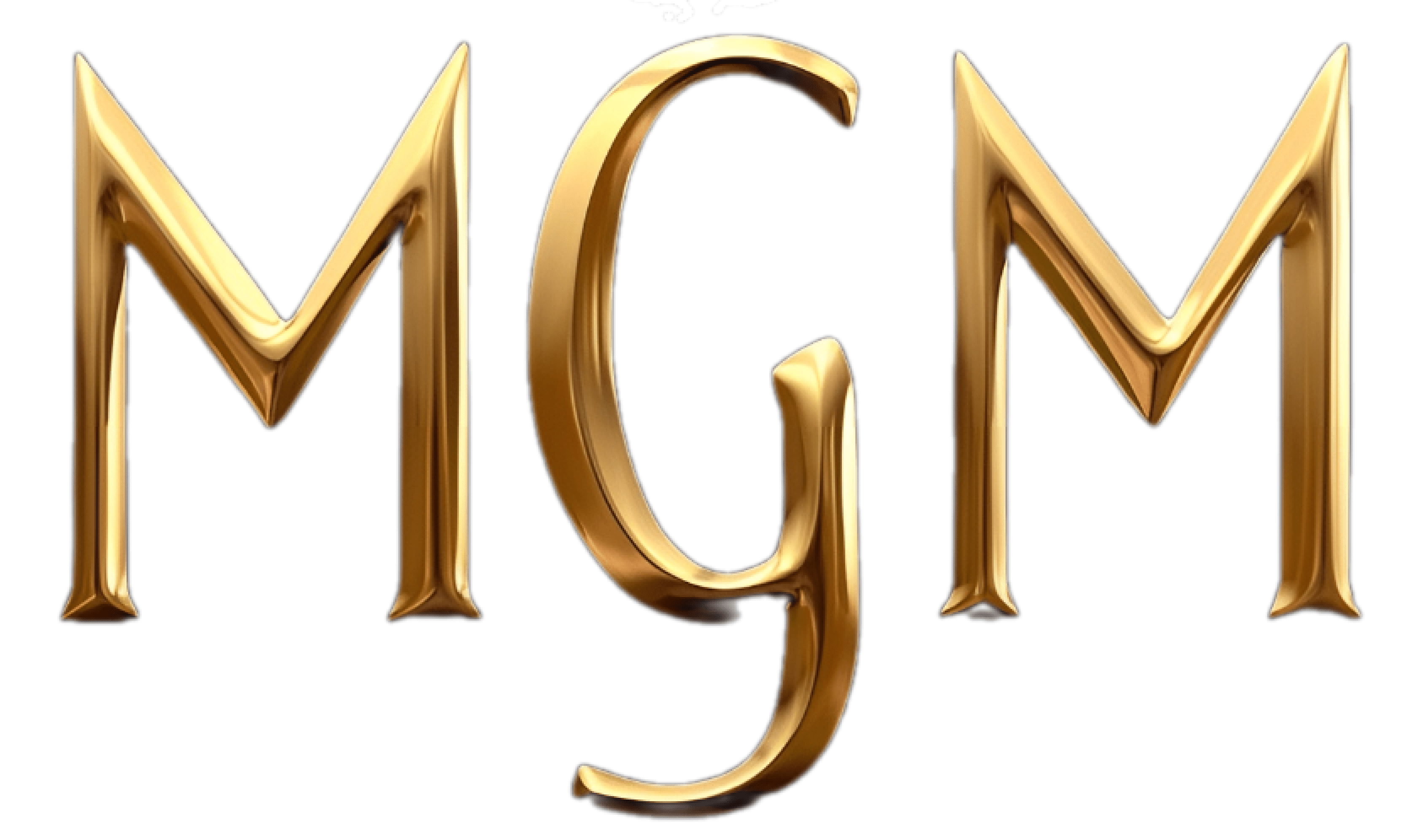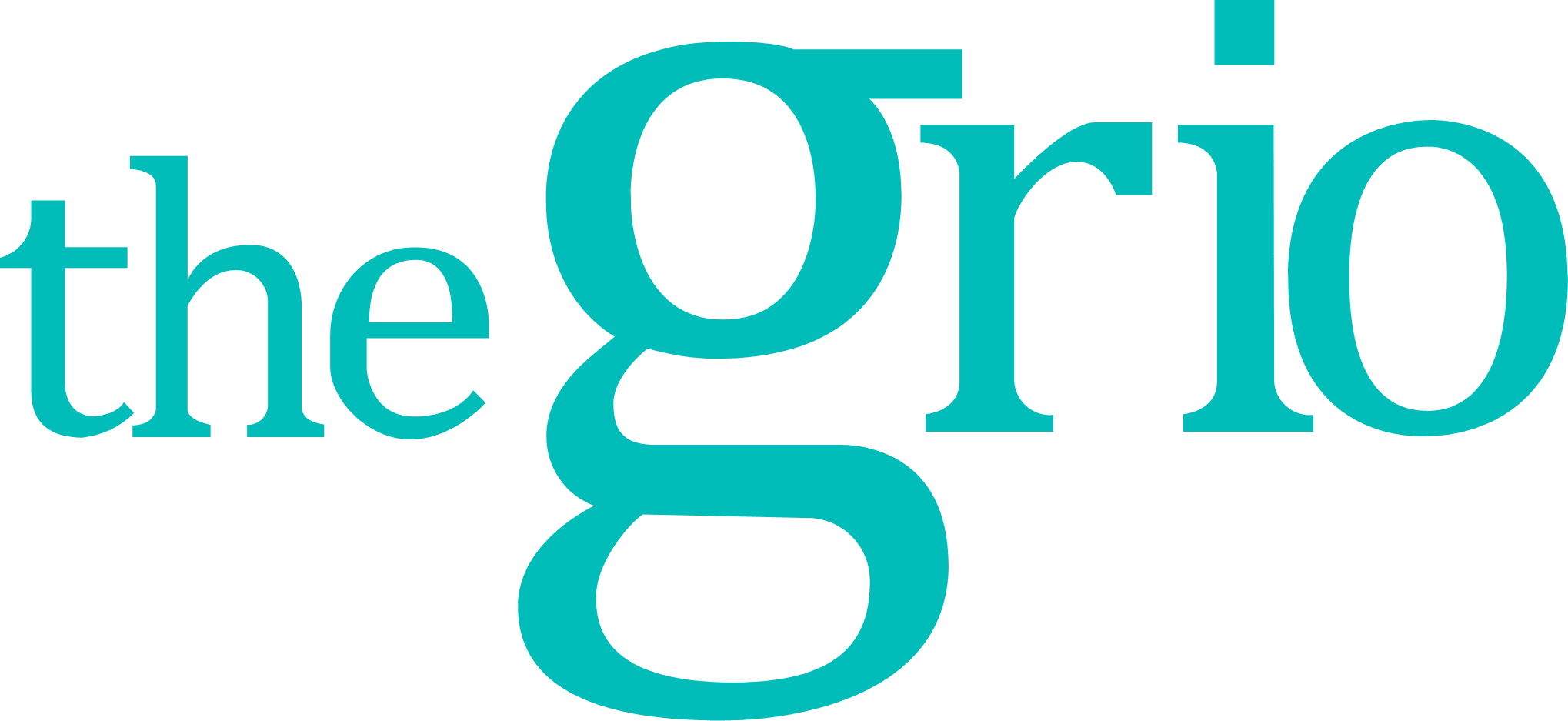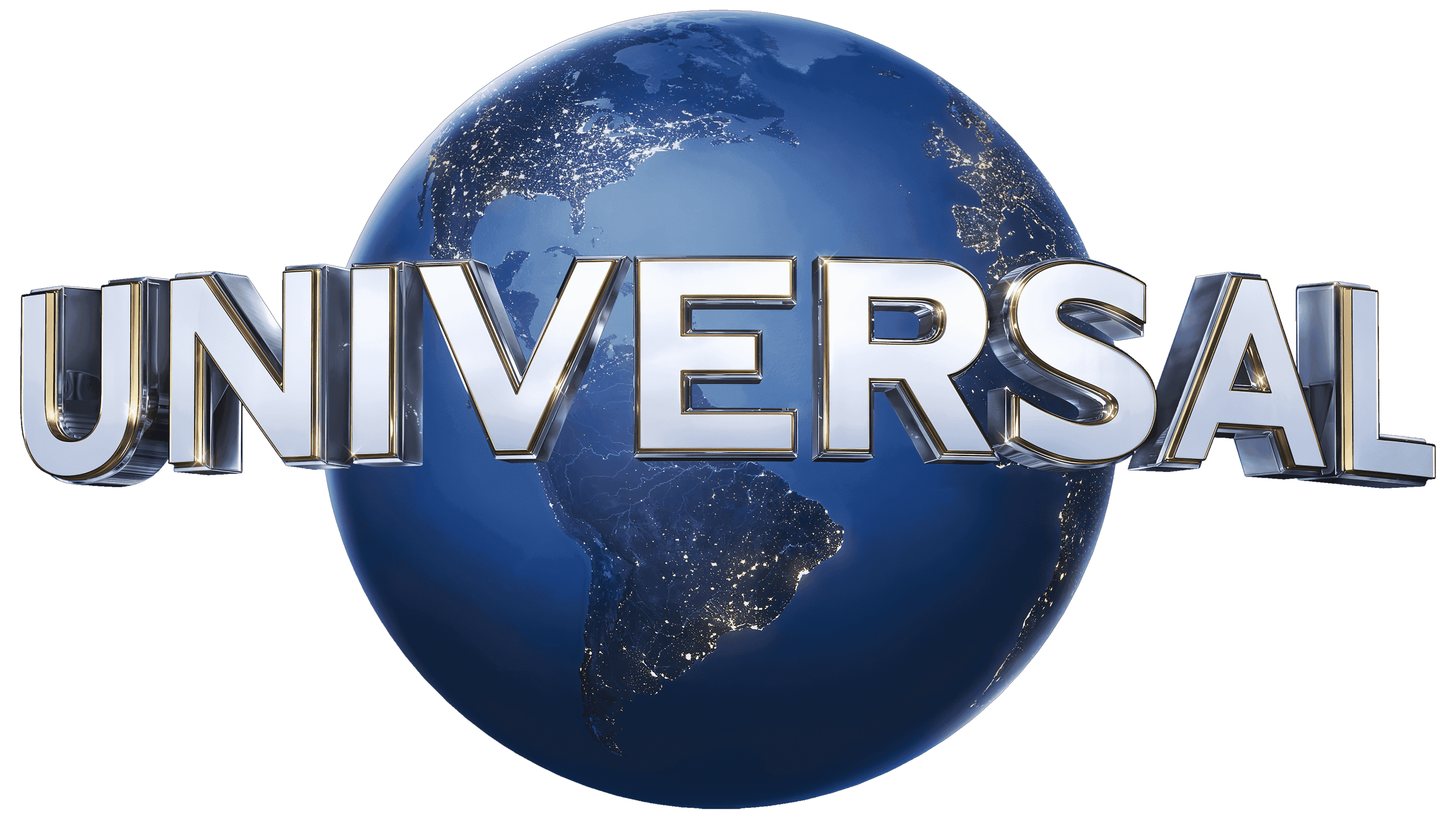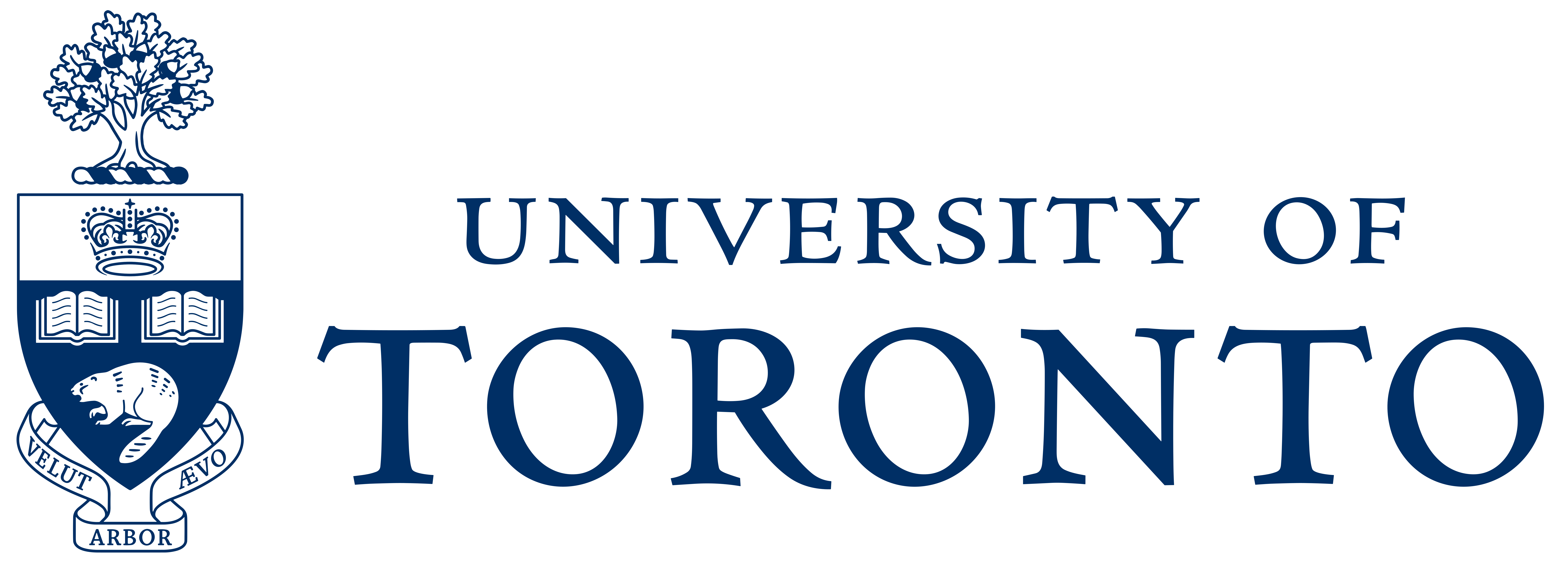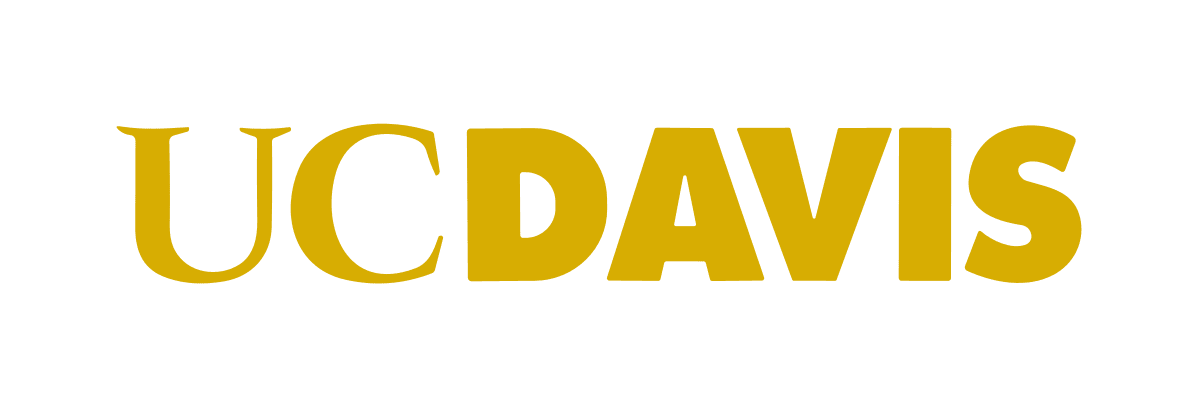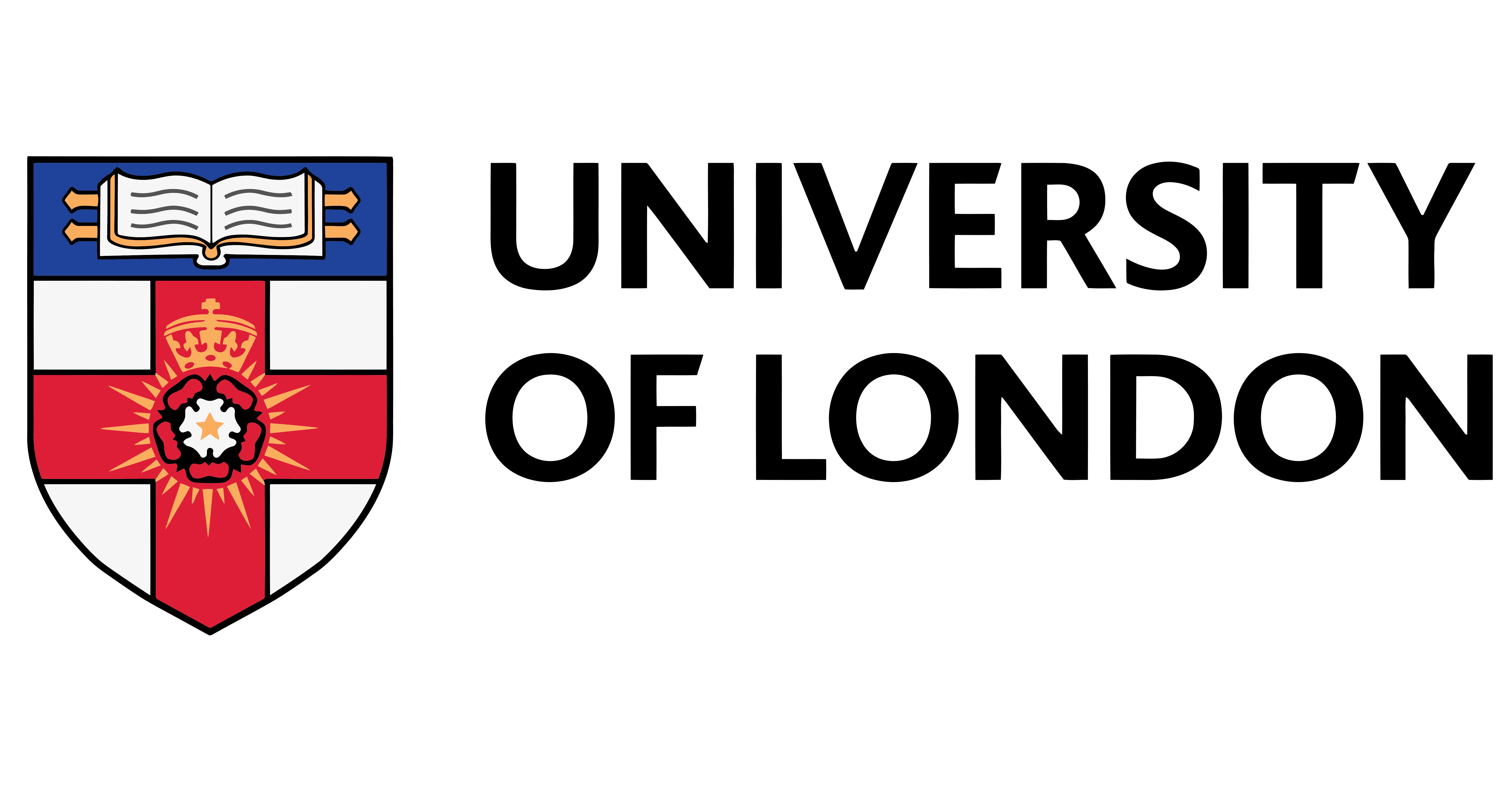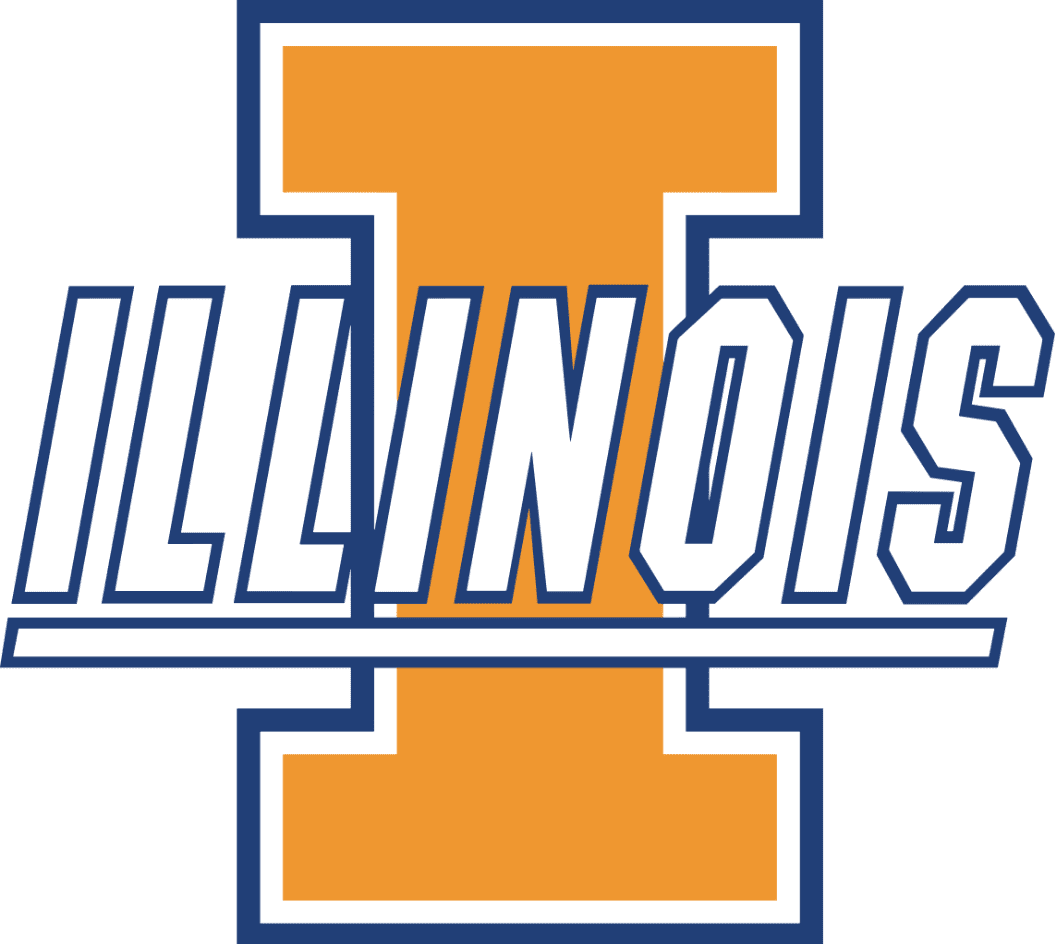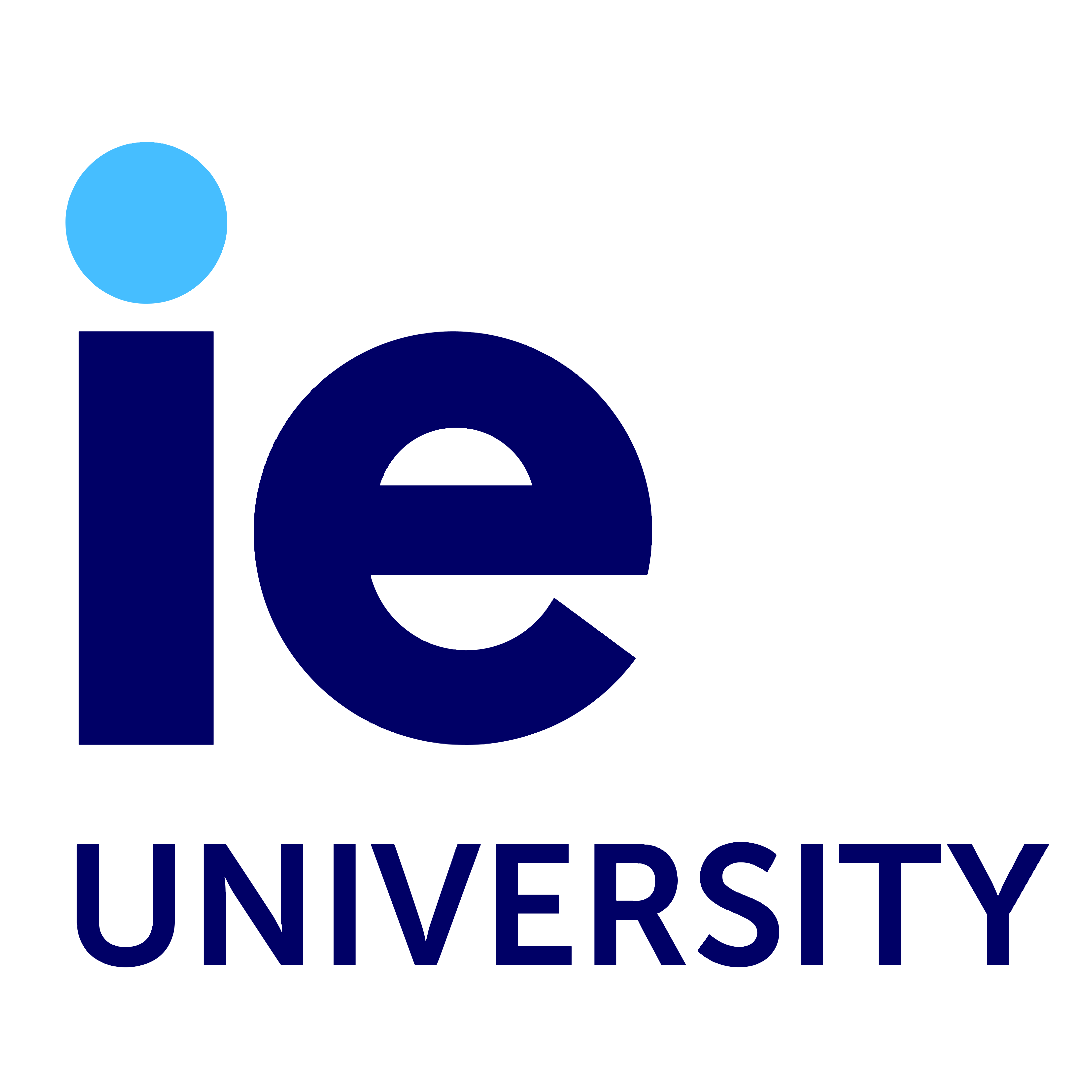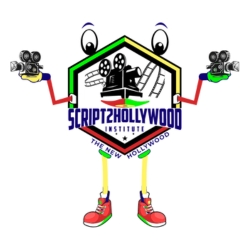Overview
Screenwriter Level I (12-month program)
(Orientation )
Understanding College and College Life
College can be confusing and intimidating, but U101 can help. If you were just admitted to college and are nervous about what the next step in life might look like, this course is for you. If you are the parent of a newly admitted college student and curious about what college life is like, this course is also for you.
Introduction to Computers and Office Productivity Software
In this course, you will learn the following essential computer skills for the digital age:
- Major hardware components of a computer system
- Different types of software on a computer system
- Photo Editing using GIMP
- Word processing applications, including MS Word, MS Excel, and MS PowerPoint
Introduction-Expectation
In this course students will review, address, understand and execute the importance of expectations and succeeding expectations in achieving your certification
(Module)
1. Write a Pilot Episode for T.V. & Web Series
In this project-centered course*, you will design a series bible and write a complete pilot episode for your own unique television or web series, be it drama or comedy or something in between. You’ll learn to break down the creative process into components, and you’ll discover a structured process that allows you to produce a polished and pitch-ready script in just a few weeks. Completing this project will increase your confidence in your ideas and abilities, and you’ll feel prepared to pitch your first script and get started on your next
2. The Craft of Writing
Everything comes together in the Capstone. You will draft a complete story, narrative essay, or memoir of 8–15 pages. With the advice of your peer readers, you will revise, rewrite, and complete it. The skills you’ve learned of plotting, setting, physical description, characterization, and stylistic clarity and innovation will culminate in an original work of art all your own. We’ll discuss the steps that professional writers take to bring their work into the public world. Along the way you’ll learn the patient habits of revision that make up the writer’s life.
3. Writing Stories About Yourself
In this course, creative nonfiction writers will explore traditional storytelling methods, especially those which overlap between fiction and memoir. By looking at examples from a wide range of genres, including film, song, painting—even the theme music for Jaws!—we’ll practice exercising the creative muscle that sees ourselves as characters and the experiences we’ve had as tales. We’ll focus on critical elements, like how to begin a story, what makes for worthy content, the essential use of detail, the strengths and limits of dialogue, the power of the white space. The ultimate goal is for us to become aware of an “audience” when we write, so that the documentation of our lives will begin to resemble a “performance” crafted onto paper rather than a private entry in a journal.
4. Writing in First Person Point Of View
In this course, If you have always wanted to tell your own story—in a memoir, first-person essay, or any other form of autobiographical non-fiction—but felt you lacked the tools or the framework, this is the class for you. We will learn how successful first-person writing is structured to offer the reader a sense of propulsive motion and is guided by a narrator who is deliberately crafted. We will explore the ways in which language can be used to create tone, so that the emotional freight of your words is as potent as the storytelling. And crucially, we will consider the writer’s responsibility to the reader: the importance of being a guide who includes the reader in the sensory, emotional, and intellectual experience you mean to share through your writing.
5. Final Draft (Sub Certification)
This course you’ll learn Final Draft. Master Hollywood standards for screenwriting.
This software is the definitive guide to Screenwriting with Final Draft – the leading screenwriting software in film, television, and entertainment.
This course aims to demystify Final Draft’s complexities and offers an extensive overview of important tools, techniques, tricks, and tips to enhance your workflows and efficiency with the software. This course offers logical step-by-step instructions covering all aspects of Final Draft. From planning scripts to correctly formatted writing, spec scripts and shooting scripts, advanced techniques to working in production, and even protecting your finished screenplays. Explanations of the features and utilities will empower you to be confident when working with the software, while practical hands-on scenarios will increase your skill set. These approaches to learning are bundled into production-ready methods as you work through the creation of short film scripts
6. Writing & Editing Specialization (Good With Words) Sub Certification
Perhaps the most important thing students and professionals of all kinds can do to improve their effectiveness is embrace the following advice: become good with words.
This series of courses targets the writing side of that recommendation. The skills it focuses on include everything from how to arrange a complex set of information in a reader-friendly way, to how to give and receive high-quality feedback, to how to consistently hit deadlines
7. Understanding Memory Through Movies
Someone once said that memory is fascinating because sometimes we forget what we want to remember, sometimes we remember what we want to forget, and sometimes we remember events that never happened or never happened the way we remember them. In this course you will learn you how memory works, why it sometimes fails, and what we can do to enhance it. This class will provide an introduction to the scientific study of human memory by focusing on a select group of topics that hold widespread appeal.
To facilitate your understanding, This class will use clips from numerous films to illustrate different aspects of memory – describing what has been learned about memory in a nontechnical way for people with no prior background in psychology. Many of us love watching movies because they offer an unparalleled opportunity for entertainment, even if entertaining films are not always scientifically accurate. Still, we believe that we can learn a lot about memory from popular films, if we watch them with an educated eye.
8. English Composition 1
You will gain a foundation for college-level writing valuable for nearly any field. Students will learn how to read carefully, write effective arguments, understand the writing process, engage with others’ ideas, cite accurately, and craft powerful prose.
9. Copywrite Law
Copyright law is unique in the greater intellectual property regime, as it protects original expression that is fixed in a tangible medium and is the product of authorship. This course is designed for creative professionals — such as screenwriters, musicians, documentary filmmakers or artists — who want to understand the scope and limits of which works can enjoy U.S. copyright protection. The course will introduce students to the workings of copyright law through an examination of the system’s basic principles, rules, and institutions. Topics will include; the justifications for copyright law, copyrightable subject matter, authorship, the nature and scope of copyright’s exclusive rights, fair use, and remedies for infringement.
We will also explore real-world examples of legal battles surrounding copyright law, from the recent litigation over Robin Thicke’s hit song “Blurred Lines” to more peculiar cases such as the infamous “monkey selfie” case. By understanding what copyright does and does not protect, producers of creative expression will be able to protect and maximize the commercial value of their works.
10. Microsoft Office Suite (Sub Certification)
In this course, you will learn how to use all the basic and advance features of Excel, Word, Word Advance, PowerPoint and Outlook. This course will help prepare you to succeed in presenting professional documents in the real world and in you studies.
11. Advance Show Bible & Pitch Deck
After you learn to create a great pilot script, You’ll have no idea how to fully develop an engaging Show Bible or Pitch Deck that can help sell your show? In this class, we’ll learn the importance of each of these industry documents when pitching your script, and what you need to include in each of them. With a combination of lectures and workshops, week after week we study some of the best Pitch Decks and Show Bibles from successful shows, discuss and work on the different areas of these documents regarding your own pilot, get notes in order to polish your work, and in 10 weeks you end up with a polished Pitch Deck or Show Bible (your choice) to shop around.
12. Intro – Expectations
In this course, students will review, address, understand and execute the importance of expectations and succeeding expectations in achieving your certification
13. Capstone: Final Project + Resume
This is your final course in achieving you Screenwriter Level I Professional Certification and your pre-requisite for Screenwriter Level II Professional Certification. You will work with a team to create your final script project that is industry ready to pitch and shop for distribution and or be sold. You are now qualified to apply for entry level employment as a screen & film writer and succeed in this competitive industry.
Introduction to Computers and Operating Systems and Security
This course forms part of a series of courses that offers a good starting point for a career in cybersecurity. It will help you gain knowledge and skills related to Computers and Operating Systems, Enterprise Systems, and Security, including Business Systems Applications. This course gets you one step closer to the Microsoft Cybersecurity Analyst Professional Certificate, which requires no degree or prior experience.
Curriculum
Curriculum
- 7 Sections
- 22 Lessons
- 52 Weeks
- Orientation3
- Block A (90 days) 3 courses4
- Block B (90 days) 4 courses4
- Block C (90 days) 3 courses4
- Block D (90 days) 3 courses3
- Block E (90 days) 3 courses3
- Block F (Capstone) Final Project1
Features
- Sub-Certifications: 4
- Students: 100 per block
- Certification: Professional Screenwriter Level I Certification
Target audiences
- High School Diploma or Equivalent

